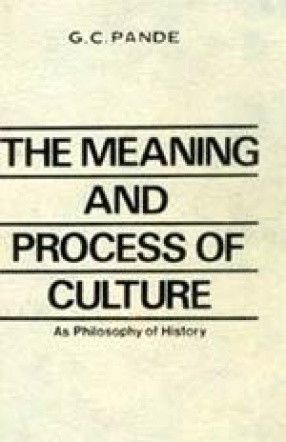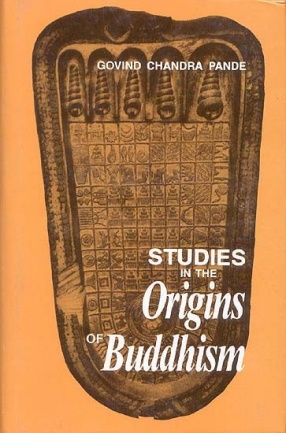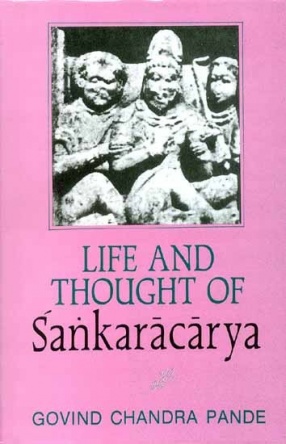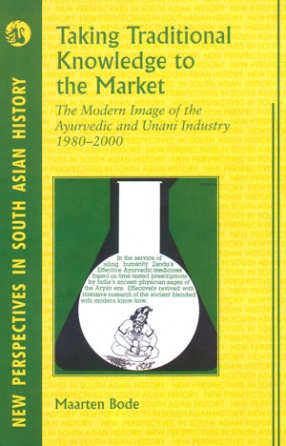The historian’s concern with causation tends to predispose him in favour what has been called ‘social being’ in contrast to ‘consciuosness’. The unfortunate part of this predisposition is to be content with a wholly external account of man’s cultural enterprise, an account which neglects the meaning of cultural symbols and consequently which neglects the meaning of cultural symbols and consequently of the consciousness which is correlated to the meaning. The historian instead of rediscovering for himself a new range of consciousness and meanings from the past, merely gathers the dry bones of chronology and the only value he studies in effect in survival value. While it is true that the quest of security is one of the primal urges of man, it is surely not the highest. The more developed a human being, the more concern does he feel with the meaning of existence rather than with mere existence, and the value of survival becomes for him increasingly instrumental, not final. Human history ought to be distinguished from natural history which is wholly governed by the adaptation of the organism to the environment, the struggle for existence, and the development of more efficient anatomies. The historian of man should not analogously confine himself to the transformation of social anatomies in the process of the struggle of societies with nature and each other. He ought to seek to penetrate to the heart of the tradition of value-seeking and appraise historical action from within as it were, and trace the activities of the social organism to their controlling centres in the hierarchical configuration of value and assess the success of the social enterprise in the light of its latent values and the values themselves in their dialectically dynamic relationship with historic effort. Human history must in effect aspire after being a spiritual autobiography of man, a ‘discovery of lost times’ which is simultaneously a creative transformation of the present, a discovery of what is hidden in the past experiences of the soul. History is at once a ‘remembrance of what really happened’ as well as a ‘coming to learn from critical enquiry’ where learning and criticism relate to the self.
The Meaning and Process of Culture
$9.90
$11.00
In stock
Free & Quick Delivery Worldwide
All orders amounting to US$ 50 or more qualify for Free Delivery Worldwide. For orders less than US$ 50, we offer Standard Delivery at $14 per book.
ABOUT THE AUTHOR Govind Chandra Pande
Govind Chandra Pande (b. 1923) is a thinker, scholar and writer. He has taught as Professor in allahabad, Gorakhpur, Rajasthan (Jaipur) and B.H.U. He has lectured, travelled and published widely. He is a fellow of the sahitya Akademi. Prof. Pande has been awarded the degree of D.Lit. honoris causa of Several Universities and he has also been awarded the honorary degrees of Vidyavaridhi, Sahitya Vacaspati, Vakpati and Mahamahopa-dhyaya. He is the recipient of several national awards: Sankara Sammana, Vigyana Darsana,Saraswati Sammana, Murtidevi Sammana, Srivani Nyas-Alankarana, Mangala Prasad paritosika, Visva Bharati Sammana, Kabira Sammana etc. Among his philosophical writing most notable are Meaning and Process of Culture, Mulya-Mimamasa, Sankaracarya: Vicara aur Sandarbha, Life and thought of Sankaracarya, Baudha Dharma ke Vikasa ka Itihasa, Aspects of Mahayana, annotaged translations of Nyayabindu and Apohasiddhi. the three Vimarsas viz. Bhaktidarsana-Vimarsah, Saundaryadarsana-Vimarsah, Ekam Sadviprah Bahudha Vadanti are in Sanskrit. His contributions to culture and history include Studies in the Origins of Buddhism, Foundations of Indian culture, Bharatiya Paramapara ke Mulasvara, Vaidika Samskrit, Bharatiya Samaja. He is currently working in the well-known Project of History of Indian Science, Philosophy and Culture for which he has edited several volumes. He was elected president of the Bharatiya Darshan Parishad, Baroda and Pune sessions, presided over the Indian Philosophy Congress at Madurai Session. He was a member of the ICPR and also its national lecturer of philosophy in 2000-2002. The ICPR organized a special National Seminar on his Thought and Works in 2003. He has been president of the Indian History and Cultural Society (1978), Indian Archaeological Society (1978), Indian Art History Society (1978), Indian Art History Society (2002). He was member, ICHR for two terms and its first national fellow (1985).
reviews
0 in total
Review by Anonymous
Be the first to review “The Meaning and Process of Culture” Cancel reply
You must be logged in to post a review.
Bibliographic information
Title
The Meaning and Process of Culture
Author
Edition
1st ed.
Publisher
Length
xvi+182p., Index; 23cm.
Subjects
more by Govind Chandra Pande see more
Indian Art and Culture
$36.00
$40.00
similar bookssee more
Taking Traditional Knowledge to the Market: The Modern Image of the Ayurvedic and Unani Industry, 1980-2000
Taking Traditional Knowledge ...
$40.50
$45.00








There are no reviews yet.